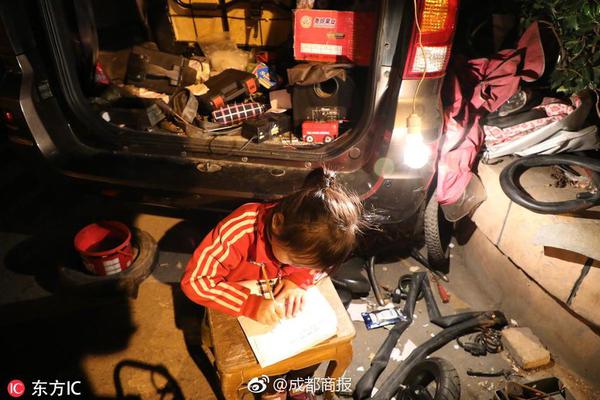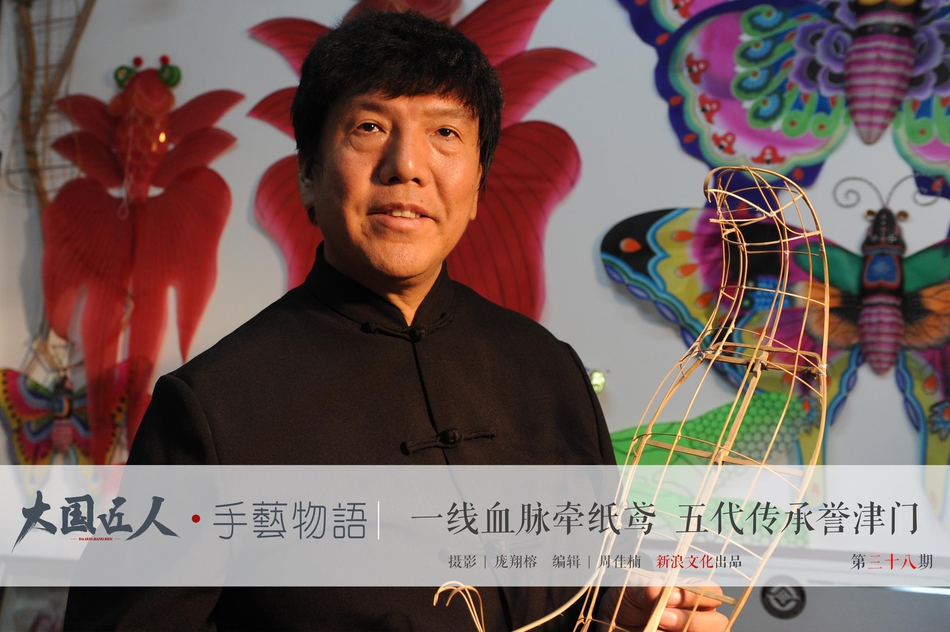City of Rights
The struggle for dignified public housing in Mexico City Jose Rosario Pedro Francisco on Zacatecas street. | Photo by author
Jose Rosario Pedro Francisco on Zacatecas street. | Photo by author o
r
d
F
a
c
t
o
r
y
At the entrance to a lot on Zacatecas street in Mexico City, a sign posted above the gate reads, “This property is in the process of expropriation at the National Housing Institute so that decent housing can be built for the Otomí community.” Nearby, a spray-painted sketch of the Virgin of Guadalupe stands guard beneath a tangle of barbed wire and loose electrical cables.
In this small lot, caught between a high-end apartment complex and another under construction, over twenty indigenous Otomí families make their living in cramped dwellings, oddly shaped rooms made of tin sheets and wooden planks. The electricity is intermittent, enough for a few spare, hanging lightbulbs or for powering a television. The residents share one water source. Most of the men work in construction, while many of the women dedicate themselves to selling the “Lele” dolls they weave by hand and other crafts on busy street corners. Without a bribe, even in Mexico City’s Roma neighborhood, the police will seize their merchandise. The alternative is to pay the three to five hundred peso fine, when a day’s sales might break a fourth of that, if not less. They’ve got to sell to live. “That’s just our situation,” the community’s appointed representative, Jose Rosario Pedro Francisco, tells me one morning in mid-January.
Complaints from some of the residents in this rapidly gentrifying neighborhood have framed the community as a nuisance: a load of beggars, criminals, and free loaders. “That’s not the case. We have our problems, like any community,” Jose admits, “but we don’t want anything for free, we just want decent homes that we can pay for, gradually.”
The first families arrived on the lot in 1998, when a mutual friend suggested a group of them squat on what at the time was nothing but an empty parcel, abandoned since the building that filled it collapsed in the 1985 earthquake. Since then, they’ve worked to legitimize their claim to the land on the basis of the Mexican Constitution, which says that every family in the country is entitled to enjoy the shelter of a “decent and dignified home,” and that the law will bear the means for that end. The worker, the text says, will receive cheap housing for rent or for sale, while a national housing fund will yield inexpensive loans for acquiring a home, building one, or improving it. These guarantees haven’t always held up. Since the days of the revolution that bore the document, the ambiguity has provided avenues for both insurgents and real estate moguls to lay claim to its legacy for all kinds of endeavors.
The system might be well-intentioned, but if the goal is to build “social housing,” to be at the whims of the market is to be at a perpetual disadvantage.
In their years-long fight, the community on Zacatecas has jumped through a never-ending series of bureaucratic hoops. They’ve been tossed from meeting to meeting, filed petitions, knocked on doors, staged marches and protests, and suffered harassment and attempted evictions. Still, the community remains at an impasse with the city’s branch of the National Housing Institute (INVI), the federal machine that oversees mortgage lending to lower-income families for building homes and making repairs. The INVI also fronts the money to compensate landlords when properties are seized in the interest of the public—in theory, low-income families. But surges in the real estate market in neighborhoods like Roma have made the INVI’s functions increasingly untenable: today, a square meter of land in the neighborhood might fetch two thousand dollars, about a year’s worth of minimum wages for a job in the formal economy. With land values increasing, the poorly funded program has been able to afford buying out fewer and fewer properties. The system might be well-intentioned, but if the goal is to build “social housing,” to be at the whims of the market is to be at a perpetual disadvantage.
In Mexico City, speculation, land grabs, and corruption in the zoning code have only sped up the gentrification process, pricing out long-time businesses and residents—exacerbating an already severe housing crisis. City and federal authorities have long abetted private investment for commercial and residential projects with little citizen input, and with officials in charge of contracts frequently taking a cut and developers finding ways to build cheaply, unsafely, and on the run. It was Mexico’s current president, Andrés Manuel López Obrador, known as AMLO, who twenty years ago as mayor of the city proposed an overhaul of the government’s tools for development. The so-called Bando 2—an infamous policy plan for urban renewal—deregulated land use, opened credit loopholes, and incited big investors to flock to the city. It is a corrupt system, widened with time, whose effects have notably marked the city.
In a country where the rights of indigenous peoples are systemically pummeled, the roll-out of these effects only compounds the existing fault lines. Inevitably, where accumulation happens, so does dispossession. In 2016, Ricardo Monreal, today a leading senator for the left MORENA (National Regeneration Movement) party, denounced the fact that in two years, over seven hundred vacant or irregular lots had been “violently appropriated,” all “under the auspices of the authorities” and (ostensibly) rival political leaders. Jose says that Monreal, who in 2016 was their borough’s representative, never spoke with anyone on Zacatecas.
And the targets aren’t just squatted lots. Less than ten blocks northwest of the Zacatecas community, four families were forcibly evicted last year from their apartments after a complaint from Banca Mifel, a financial institution linked to a number of eviction proceedings in the city’s historic center. According to the tenants, Mifel claimed they owed rent when the tenants had signed no contracts with the bank, which in any case did not legally own the building. This episode hints at a common recourse to dispossession: through a series of trusts and legal arrangements, investors can save face and liability, swapping holding titles while granting them a basis for booting the current tenants and raising rents.
On occasion, it is residents themselves that have taken the charge against their own neighbors. In the nearby Juárez neighborhood, numerous buildings organized to remove another Indigenous Otomí community occupying a strip of Roma street, who presented demands similar to those of the community on Zacatecas. Today the fight is ongoing, the fear of displacement intact.
Despite the hype of the Fourth Transformation, with its promises of radical reform, things largely seem to play along to the same tune as under previous administrations.
Jose tells me that around 2018, during Miguel ángel Mancera’s term as the mayor of Mexico City, the authorities told the residents of his community that the rightful owner of the lot had shown up to reclaim the property. They had a month to pack up and vacate the premises. At a meeting with Patricia Mercado, then a high-ranking official in the mayor’s office, Jose claims that she told the community representatives that Roma’s neighborhood council itself had filed a petition for the government to evict them, alleging evidence of drug-trafficking and robbery. Mancera reportedly intervened on the community’s behalf and staved off the eviction—but harassment continued.
One night, about a year later after the incident with the neighborhood council, Jose claims that police arrived at the entrance to the lot with riot gear. The granaderosbarged in without a warrant, beat some of the men, and began shooting. Jose kept the casings of the bullets that perforated the walls of his dwelling. Among Indigenous communities in similar situations, this treatment is not unheard of.
“We have complied with the statutes that the law requires, presenting all the requisites . . . [to] what was the PRD administration and now MORENA,” Jose recounts. “And MORENA is the same. The mayor, Dr. Sheinbaum, talks a lot, criticizes a lot, says ‘Indigenous people will come first, the most needy will come first, those who for years have resided in unclaimed properties will be given priority.’” But despite the hype of the Fourth Transformation—the airy name AMLO’s administration gave itself—with its promises of radical reform, things largely seem to play along to the same tune as under previous administrations.
Back in January, Roma still bustled with traffic; the bars and coffee shops on álvaro Obregón avenue teemed with a younger crowd of well-to-do city dwellers, tourists, and expats. On street-corners the informal economy—the basket taco, newspaper, and loose cigarette stands—supplied the passersby. Now the streets are desolate; the Airbnbers vanished, the permanent transplants isolated. Some businesses look boarded up for good—all their indoor plants out on the sidewalks for taking. The freeze has trickled down to the folks on Zacatecas.
The pandemic hasn’t helped, Jose admits blankly. No one is sick, but the construction projects the men worked on are halted until further notice, and empty streets only make selling trinkets more difficult. “There are some who decided to return to their pueblo,” their native community in the state of Querétaro, Jose says, “but in the pueblo, too, they are realizing that they have nothing to eat, and no money.”
Covid-19 updates blare from the television, and buses play safety warnings on repeat—guidance all but impossible to heed for the forty families crammed onto the Zacatecas lot. Constantly washing your hands is difficult when there’s little water. Staying home could mean staying hungry.
After a day of protests in early April, some of the community’s members—those recognized as “artisans”—received fifteen hundred pesos (about sixty dollars) from the city government. That was their stimulus, a one-time “economic support” measure from the Office on Native Pueblos and Neighborhoods. Not everyone got the sum.
Jose is still working, and so are his sons. They’re fixing up floors and painting for a family who after years found success in their own housing battle, on a lot in the historic center near the Allende station. His sons take the subway to their shift; he rides a bicycle. Fears of contagion aside, he’s relieved to have something to do, acknowledging that many haven’t been as lucky. But he has other concerns. In the last few weeks, ever since the lockdown of the city began, police have been raiding other lots, citing illicit activity. He’s afraid that the health crisis will provide cover to displace the families on Zacatecas. “They’re going to say, ‘It’s best we kick them out, they don’t know how to defend themselves anyway, they don’t know their rights.’”
In March, the community representatives were making headway with their petitions to expropriate, according to Jose. After a series of meetings, a member of the city council agreed to send the filing on to the next and final phase of approval in the mayor’s office. It had taken years for this to become a possibility. But now the courts are closed to all but criminal proceedings—along with the notaries and all city government buildings. The case is at an impasse once again. “We just don’t know how they will be able to resolve this later on,” Jose says. In the city of rights, as the government commercials and subway ads boast, it seems that the guarantee of the law always finds an out—and a way to be put on hold.
















